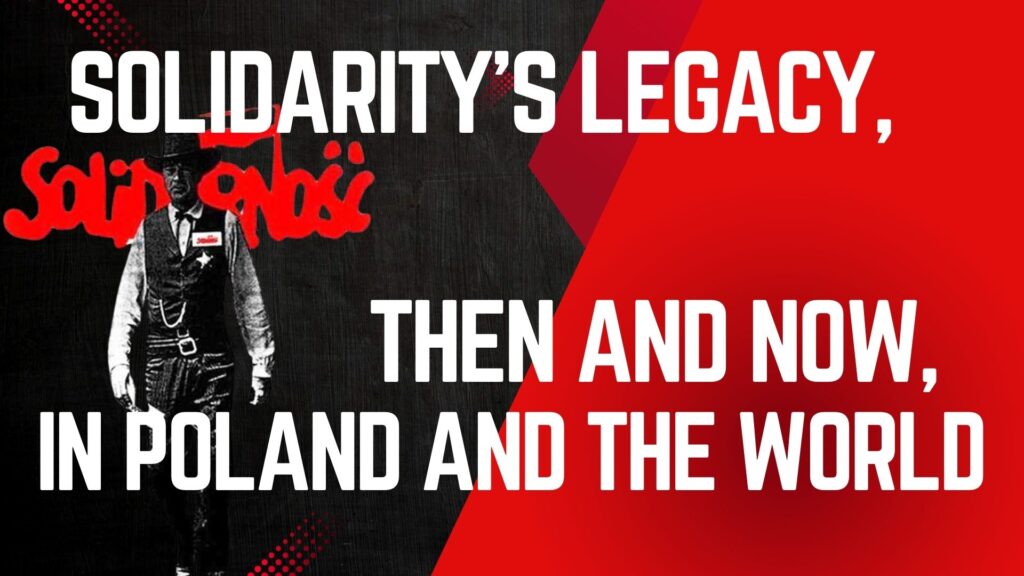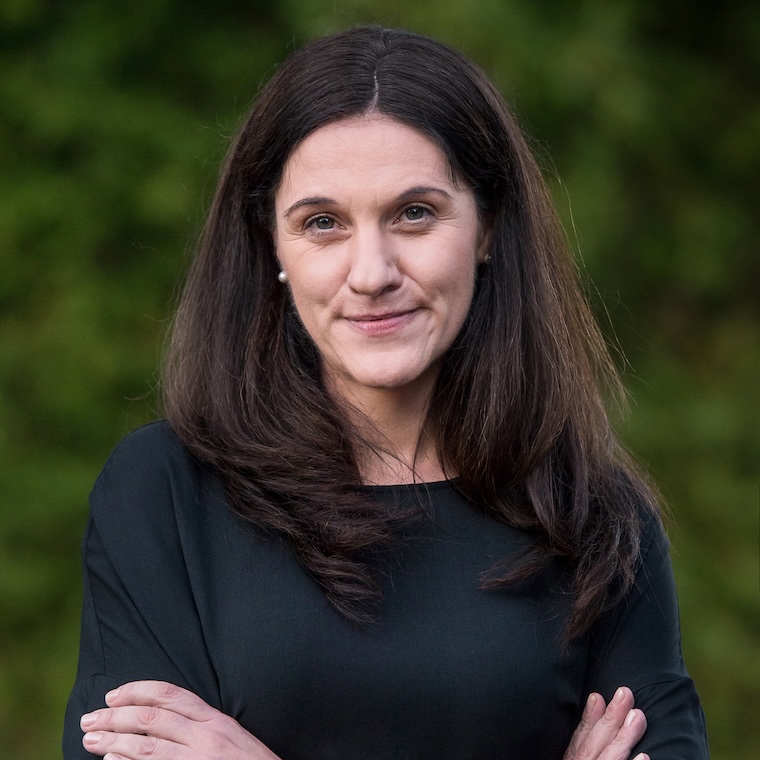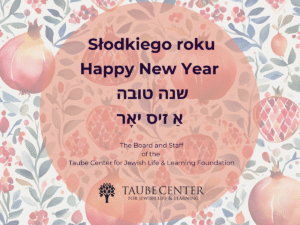This month marks the 45th anniversary of the formation of Solidarity, the first and only free trade union movement in the entire Soviet bloc. Born of the largest general strike in postwar Europe, Solidarity also became a mass-based social movement with the active participation of one-third of Poland’s adult population. Their dogged quest for freedom, justice and human dignity yielded a victory for democracy in 1989.
The museums and archives that were since created to preserve Solidarity’s inspiring legacy perform a dual function to display this history and to transmit the democratic principles advocated by the Solidarity movement. What have been their challenges and opportunities?
On this special panel with scholars and curators representing three major archives and museums in Poland and the U.S., we will explore how one of Poland’s proudest moments in 20th century history is remembered, interpreted, preserved, and commemorated for current and future generations.
What role does a cultural institution play in shaping how we remember the past? How do collecting strategies enable a museum or archive to contest conventional narratives and focus on new ways of understanding the past? How effective are educational programs in transmitting this important legacy to younger generations so that they carry it forward?
Dr. Katharina Friedla,
Taube Family Curator of European Collections, Hoover Institution, United States
Dr. Justin Jampol,
Director, Wende Museum of the Cold War, United States
Dr. Grzegorz Piotrowski,
Senior Researcher, European Solidarity Centre, Poland
in conversation with
Shana Penn,
Author of Solidarity’s Secret: The Women Who Defeated Communism in Poland
Here is a list of resources recommended by our speakers:
Penn, S. (2005). Solidarity’s secret: the women who defeated communism in Poland. University of Michigan Press.
Kubik, J. (2010). Power of symbols against the symbols of power: The rise of Solidarity and the fall of state socialism in Poland. Penn State Press.
Touraine, A. (1983). Solidarity: The analysis of a social movement: Poland, 1980-1981. (No Title).
Ost, D. (2005). The defeat of solidarity: Anger and politics in postcommunist Europe. Cornell University Press.
Ost, D. (2010). Solidarity and the Politics of Anti-politics: Opposition and Reform in Poland since 1968. Temple University Press.
The TJHTalks program is supported solely by contributions from our viewing audience.
If you would like to support future webinars, please make a tax-deductible donation to Friends of the Taube Center Foundation
|













